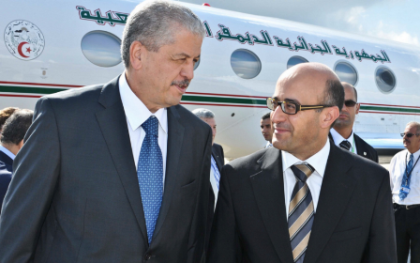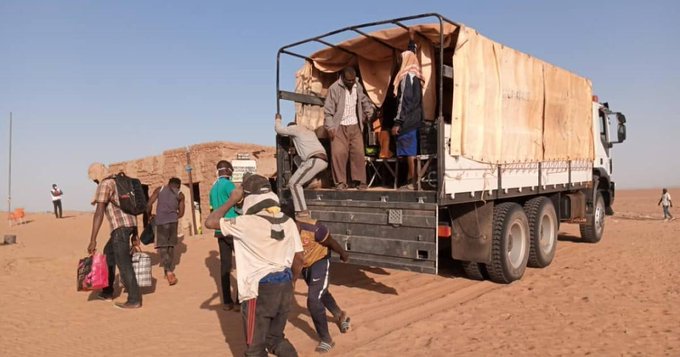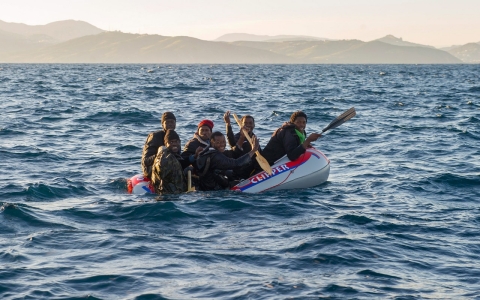 Algeria’s finances have been severely battered by the slump in oil prices, dwindling from $178 billion in 2014 to $114 billion by the end of 2016, Algerian Prime Minister Abdelmalek Sellal said.
Algeria’s finances have been severely battered by the slump in oil prices, dwindling from $178 billion in 2014 to $114 billion by the end of 2016, Algerian Prime Minister Abdelmalek Sellal said.
Speaking to state television, Sellal set the tone for appeasing worries saying that the situation is under control as criticism mounts over the unsustainability of the levels of spendings which took a toll on the foreign exchange reserves that fell from $190 billion in 2013.
“Algeria will maintain a subsidy system worth $18 billion in 2017,” Sellal added, in a bid to appease social tensions over the increase in some taxes in a state where social peace hinges on the state’s generous handouts.
In the absence of efficient economic diversification, Algeria plans to cut spending by 14 percent in 2017, after a 9 percent cut this year, in an effort to counter the impact of the oil price slide.
The IMF estimates that Algeria needs a barrel price of $110 to maintain macro-economic balance at a moment economic analysts warn of an upcoming budget crisis if oil prices remain at current levels around $50 per barrel.
Observers see that Algeria’s heavy dependence on hydrocarbon revenues, which make up 95% of exports, will further diminish the country’s foreign exchange reserves. Recently, Algiers resorted to foreign debt with a 900-million-euro loan from the African Development Bank.
The drop in oil price with the ensuing lift of subsidies is a manifestation of the predicament of the rentier state which carries the risk of domestic unrest as social cohesion hinges on state largesse.



